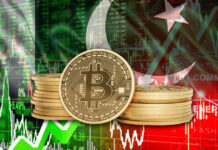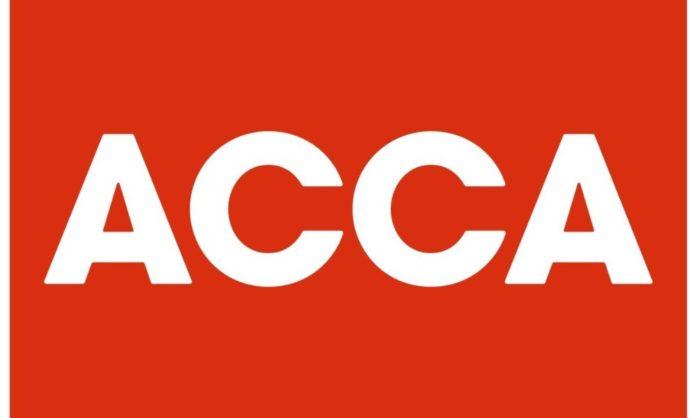On April 27, 2023, Lahore’s Global economic confidence is increasing as it becomes increasingly obvious that business conditions are improving.
Even though confidence is down from a year ago, it increased for the third consecutive quarter in the Q1 2023 Global Economic Conditions Survey (GECS), as concerns about a potential recession in 2023 lessen.
The two GECS “Fear” indexes, which represent respondents’ worries that customers and/or suppliers may go out of business, highlight this brighter news. In Q4 2022, both of these series got better. In fact, concerns regarding suppliers are at their lowest point since 2020. Additionally, the survey revealed improvements in employment and capital expenditure (capex), despite the fact that new orders have plateaued this quarter.
Although it might be premature to declare the “all clear” given that Central Banks are still rising interest rates, the actual economy has yet to feel the effects of monetary policy tightening, and there have been recent issues in the banking sector.
Jamie Lyon, head of skills, sectors, and technology at ACCA, said: “The global economy entered 2023 with more momentum than many had expected. Confidence has risen as business comes to terms with the fallout from the Russian-Ukraine war. The economic climate has been helped by a faster-than-expected relaxation of China’s zero-COVID policies, and more normal energy prices in Europe, which should help to reduce headline inflation and may bring about a pause in Central Banks’ tightening of monetary policy, but there are still some downside risks that may prevail.”
Loreal Jiles, vice president of research and thought leadership at IMA, said: “Looking at the change in the GECS Confidence Indices over the quarter, what stands out is the 30-point improvement in Confidence in Western Europe. However, this good news was not limited to Europe; Asia-Pacific, North America, and South Asia also registered an improvement. This was a broad-based pick-up, with the exception of Africa and the Middle East.”
Despite the fact that global new orders are stagnating, a factor supporting the recovery in confidence may be the drop in worry about “increased costs.” Cost pressures appear to have peaked, but they are still significantly higher than the survey’s historical median. Commodity prices are still low, and since natural gas prices have returned to levels observed prior to Russia’s invasion of Ukraine, Europe has benefited.
For the third consecutive quarter, there has been an increase in global confidence, which can be attributed to a reduction in cost issues as well as concerns about timely payments and financial access.
In fact, complaints about slow payments reached their second-lowest point ever in the survey’s history. Additionally, it appears that the improved macro conditions have inspired companies to revisit their capex and hiring plans.
The net balance of businesses proposing to boost capital and staff investments as well as job creation increased on a quarterly basis when asked how they intended to react to the shifting economic environment.
Given the rapid tightening of global monetary policy by central banks around the world, this comes as a bit of a surprise. In terms of pace, scope, and breadth, the past 12 months have seen the most aggressive simultaneous tightening of policy in more than 40 years. It’s odd that this hasn’t yet had a significant effect on financing circumstances, company capital expenditure plans, or hiring ambitions. But since monetary policy operates with lengthy and unpredictable lags, this may still turn out to be a problem in the future.
Stay tuned to Brandsynario for more news and updates.







































